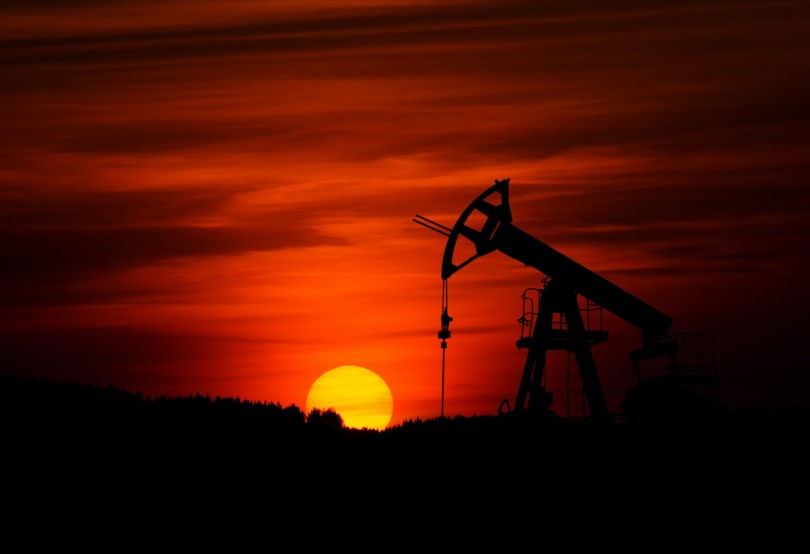22 Apr 24
Lab ChatLabworx
The Global News Source for the World of Science and Chemicals
How big are the UAE’s OIL RESERVES?
20 December 2020
Chem Chat
The total amount of crude oil reserves belonging to the UAE reached a staggering 97.8 billion barrels in 2019, according to official figures. The quantification of UAE’s oil assets was made by the Federal Competitiveness and Statistics Authority (FCSA), who also identified the country’s production of both oil and natural gas in the last year.
That signifies that the Emirates still retain a very healthy supply of crude oil within their territory. Indeed, their total outweighs plenty of other big hitters in the fossil fuel industry, including the USA, Australia and Libya. That means that the country is based on an economically sound footing, even as it seeks to diversify its economic and energy portfolios in the coming years.
In the top 10
The UAE’s total of 97.8 billion barrels puts it into eighth position globally, one ahead of the United States’ 69 billion barrels. When ranked against other Middle Eastern nations, the UAE also performs well, finishing fifth behind Saudi Arabia (298 billion barrels), Iran (156 billion barrels), Iraq (145 billion barrels) and Kuwait (102 billion barrels).
The overall refining capacity of the Emirates during 2019 was found to be 1.127 million barrels per day. The lion’s share of that total was conducted at Al Ruwais Refinery (817,000 barrels per day). Elsewhere, the Abu Dhabi Refinery was responsible for 85,000 barrels per day.
On the other side of the equation, a recent report revealed that the country which imported the most oil in 2019 was, unsurprisingly, China. Having spent a whopping $238.7 billion on oil last year, China was significantly ahead of its nearest competitor, the USA, which imported just over half of that amount ($132.4 billion).
Plenty left in reserve
Actual production of crude oil far outweighed the UAE’s refining capacity, which is to be expected given the large amounts of the commodity which are exported overseas. In 2019, the country produced an average of 3.058 million barrels per day – which is a very small percentage of that which remains in reserve.
Given that the FCSA concluded that there are still 97.8 billion barrels of crude oil in the ground, the UAE could continue at its 2019 daily rate for over 87 years without exhausting its supply. Of course, that’s unlikely to happen given the current climate with regard to international attitudes to fossil fuels – which is an eventuality that the UAE is proactively preparing itself for.
In January 2017, the UAE announced its Energy Strategy 2050. Among other eye-catching and ambitious objectives, the Emirates identified improving their share of clean energy within the energy mix to 50% by 2050, gleaning 44% from renewables and the remaining 6% from nuclear. However, the results of the FCSA’s latest report confirms that the UAE still has a very robust safety net to fall back on.
DOWNLOAD PDF

2 Day Seminar Program
@ ArabLab+ 2024
24 & 25 September 2024
Your stay in Dubai
Labkit
Product News
Chemkit
Product News
Thinking about exhibiting at ARABLAB 2024? Watch our video to find out more.
Join the world’s leading organisations…
Get in touch and stay in touch…
Join our mailing list and receive the ARABLAB newsletter and event updates.





















